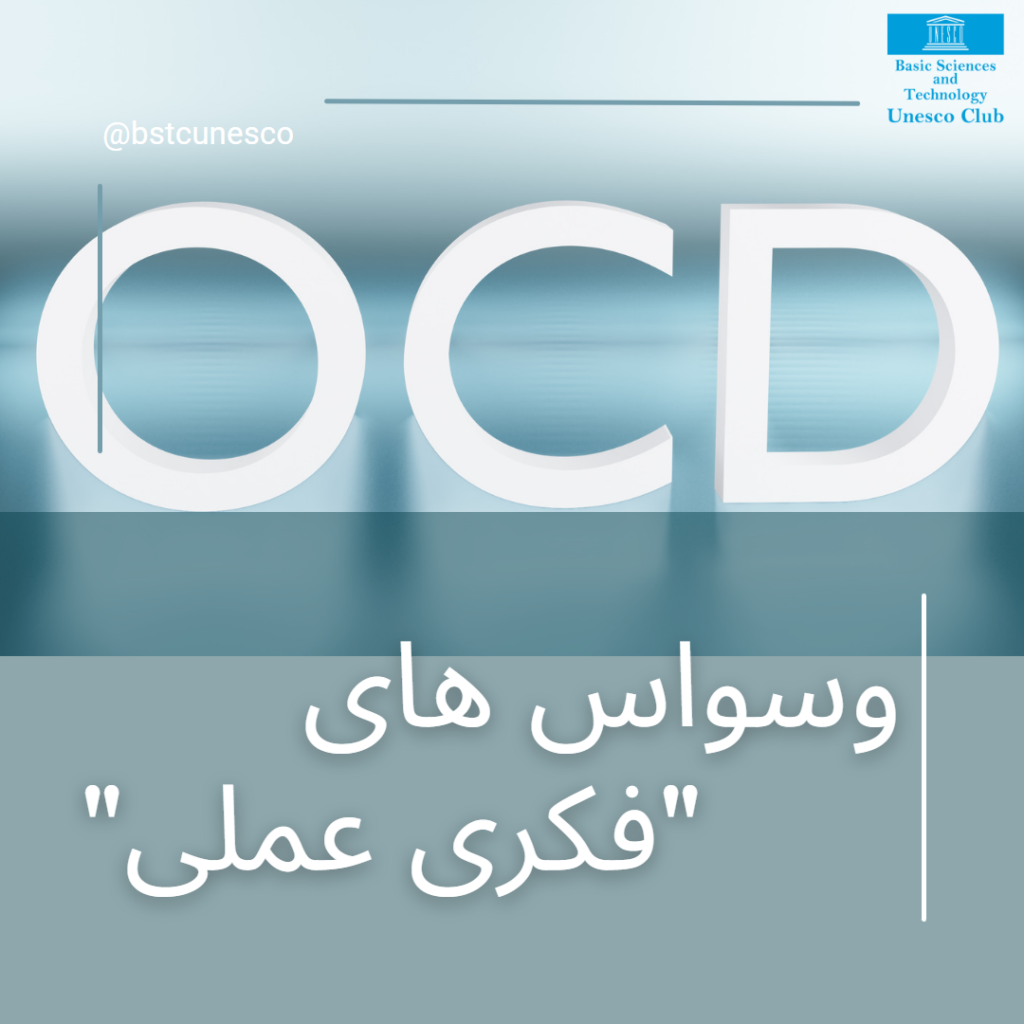Have you ever noticed obsessive behaviors in your child? For example, does he check his bag a few times to make sure he has all his plans for the next day? Or does he erase and rewrite his homework? Does he ask a question over and over again just to make sure he heard the answer correctly? Or do you wash your hands repeatedly after using the bathroom? When you ask him for his opinion, does he often have difficulty and say “I don’t know”? Does his teacher tell you that he has no concentration at all and doesn’t understand the material even after several explanations?
All of these are related to OCD, or obsessive-compulsive disorder, which involves disturbing and obsessive thoughts and repetitive and compulsive physical or mental behaviors. Children with this disorder are caught in a stressful cycle of thoughts, anxiety, and habits.
What is Obsessive Compulsive Disorder (OCD)?
Definition of Obsessive Compulsive Disorder
Obsessions are intrusive thoughts that intrude on a person’s mind and cause them a great deal of anxiety and distress. These thoughts can include a fear of contamination, a need for symmetry, a fear of harming themselves or others, or intense religious or moral thoughts.
Definition of Obsessive Compulsive Disorder
Obsessions or ritualistic behaviors are actions that a person performs to quiet or at least reduce the intensity of their thoughts. These behaviors can include frequent hand washing, constantly checking door locks, counting objects, or repeating certain words.
Symptoms of OCD in Children
1. Frequent Checking
A child may check their bag over and over again to make sure everything is in its place. This behavior can be so severe that it prevents them from performing daily activities.
2. Frequent washing
A child may wash their hands repeatedly after using the bathroom or touching objects. This behavior can lead to dryness and damage to the skin.
3. Repeating homework
A child may erase and rewrite their homework repeatedly to make sure they have done it correctly. This behavior can slow down learning and academic failure.
4. Repeated questioning
A child may ask the same question over and over again to make sure they have heard the answer correctly. This behavior can cause fatigue and discomfort to those around them.
5. Lack of concentration
A child may not concentrate enough in the classroom and may not understand the material even after several explanations. This behavior can lead to academic problems and reduced self-confidence.
Causes of OCD in children
It is still not clear what the main cause of this disease is, but there are various theories. Genetic, neurological, behavioral, cognitive, and environmental factors may play a role in the development of this disorder.
1. Genetic factors
Research has shown that OCD can run in families. If a parent or sibling has the disorder, the child is more likely to develop it.
2. Neural factors
Studies have shown that OCD may be associated with changes in brain function, especially in areas related to controlling behavior and emotions.
3. Behavioral and cognitive factors
Children who have been exposed to severe stress or trauma may be more likely to develop OCD. Obsessive thinking and compulsive behaviors may also be used as ways to cope with anxiety and stress.
4. Environmental factors
Environmental factors such as academic pressures, family problems, or major life changes (such as moving or parents divorcing) can play a role in the development or exacerbation of OCD.
Harms of OCD in Children
1. Low Self-Esteem
Children with OCD may feel ashamed and embarrassed because of their obsessive behaviors. These feelings can lead to a decrease in self-esteem and self-confidence.
2. Inability to maintain a normal routine
OCD can make it difficult for a child to easily carry out their daily activities. These behaviors can prevent them from doing homework, participating in social activities, or even sleeping.
3. Difficulty completing schoolwork
Children with OCD may not be able to complete their homework on time because of their obsessive behaviors. These behaviors can lead to academic failure and problems at school.
4. Difficulty forming or maintaining friendships and other relationships
Children with OCD may have difficulty establishing and maintaining social relationships because of their obsessive behaviors. These behaviors can cause the child to become isolated and lonely.
Diagnosing OCD in Children
Diagnosing this disorder is a bit tricky and is often diagnosed by specialists in this field. To diagnose OCD, a doctor or psychologist may use the following methods:
1. Clinical interview
The doctor or psychologist may interview the child and parents to obtain information about the child’s behaviors, thoughts, and feelings.
2. Questionnaires and tests
The doctor or psychologist may use standardized questionnaires and tests to assess the symptoms of OCD.
3. Behavioral observation
The doctor or psychologist may observe the child’s behavior in different settings (such as home or school) to obtain more information about the symptoms of OCD.
Treatment of OCD in Children
1. Cognitive-behavioral therapy (CBT)
Cognitive-behavioral therapy is one of the most effective methods of treating OCD. This treatment involves teaching skills to cope with obsessive thoughts and reduce compulsive behaviors.
2. Medication
In some cases, the doctor may prescribe anti-anxiety or antidepressant medications to reduce the symptoms of OCD.
3. Family Support
Family support plays an important role in the treatment of OCD. Parents can help the child cope with the symptoms of OCD by creating a calm and supportive environment.
4. Education and Awareness
Education and awareness about OCD can help parents and children cope better with this disorder. Participating in workshops and educational sessions can be helpful.
Conclusion
OCD or obsessive-compulsive disorder is a mental disorder that can negatively affect the lives of children. Timely diagnosis and treatment of this disorder can help improve the quality of life of the child and family. If you think your child may have OCD, it is best to consult a psychologist or psychiatrist. With proper support and treatment, children with OCD can live happy and successful lives.


